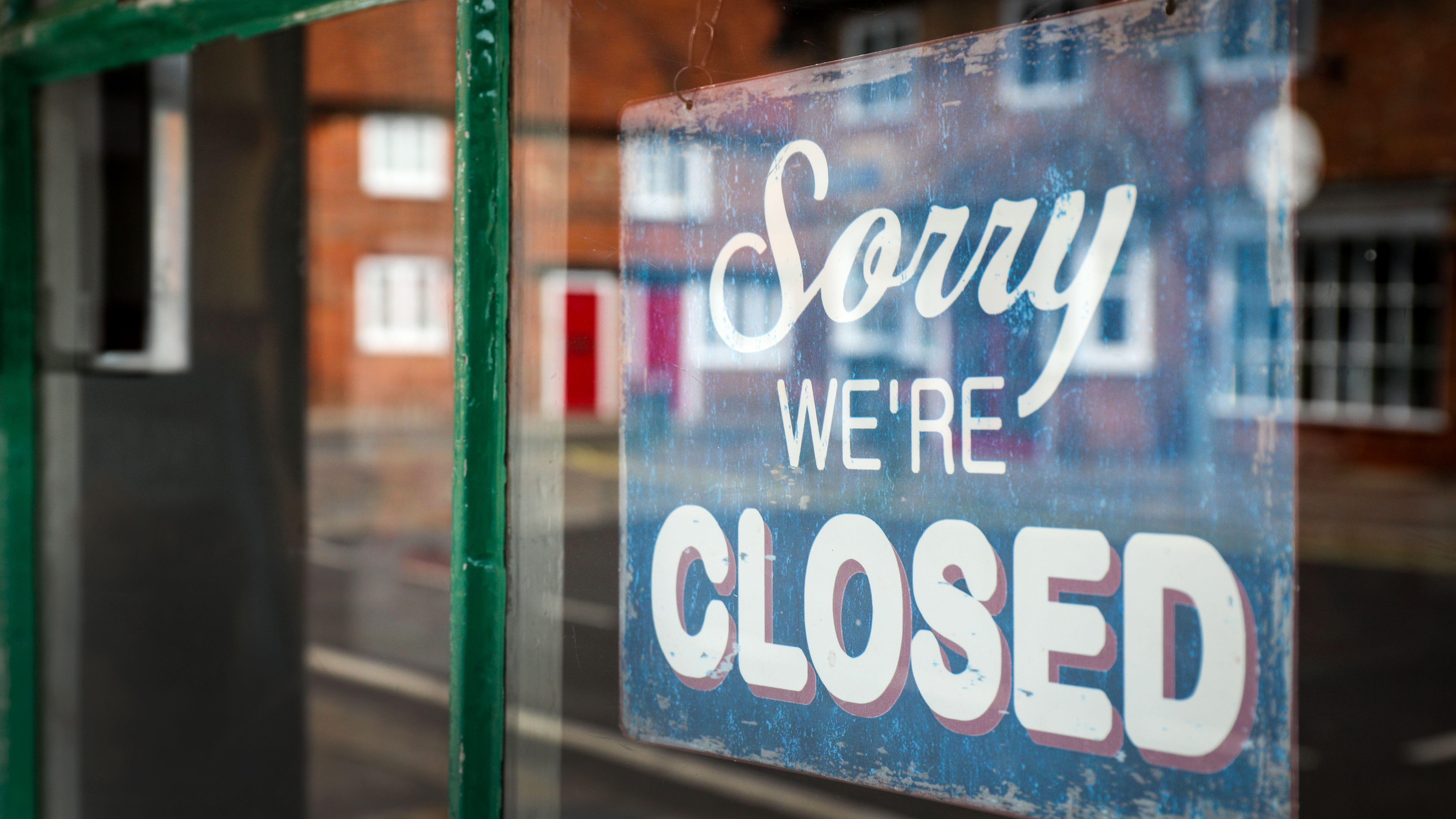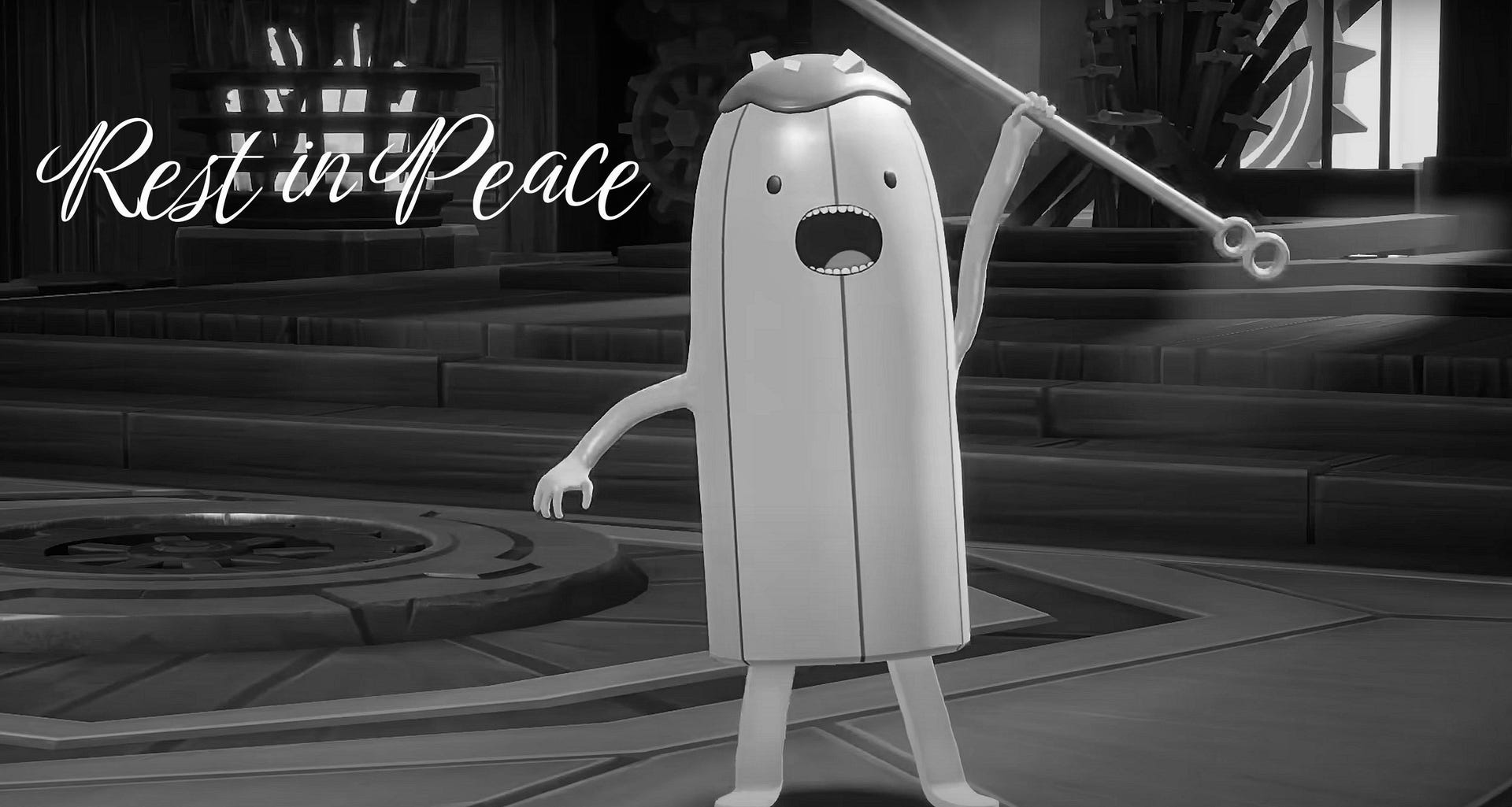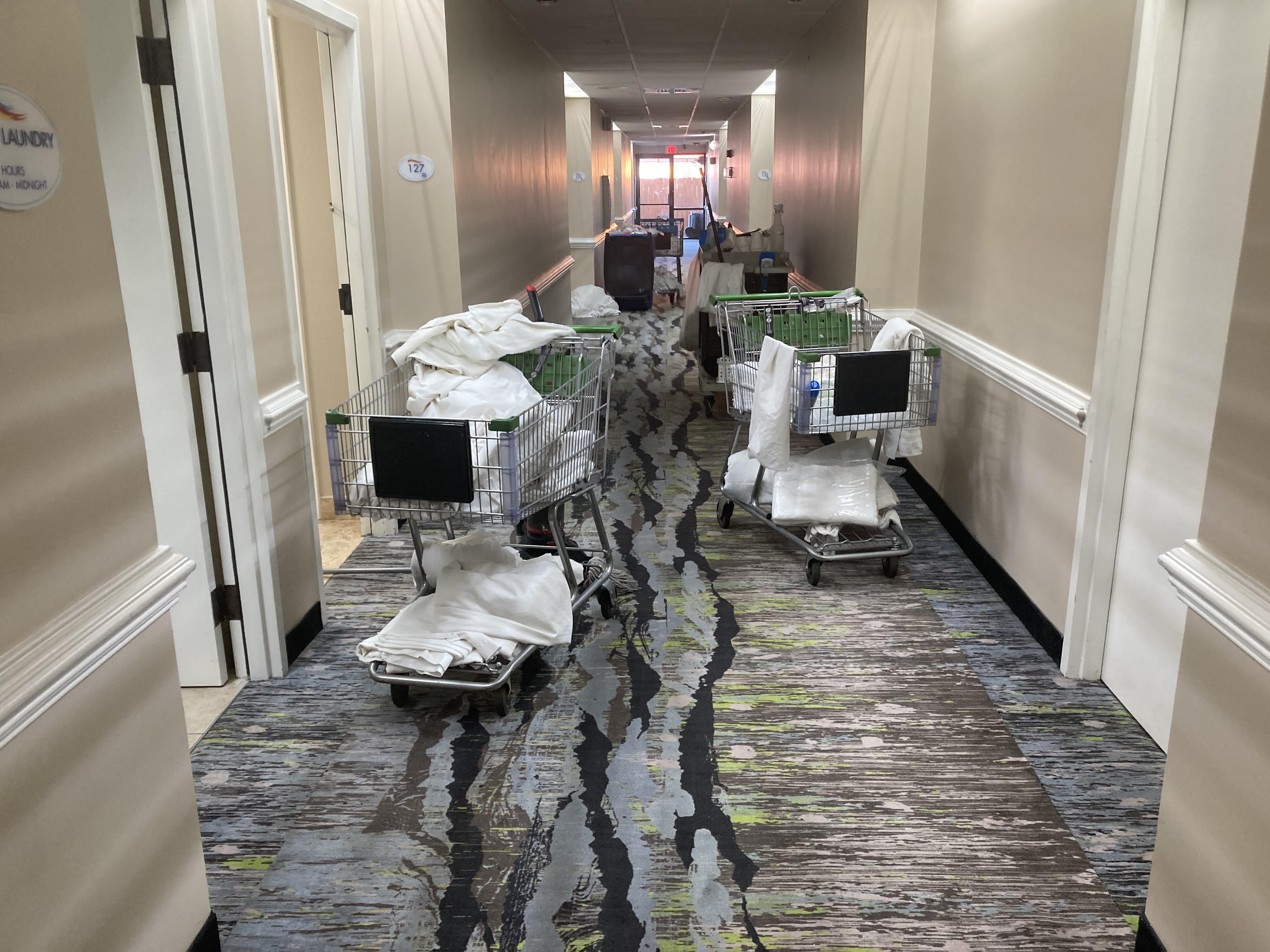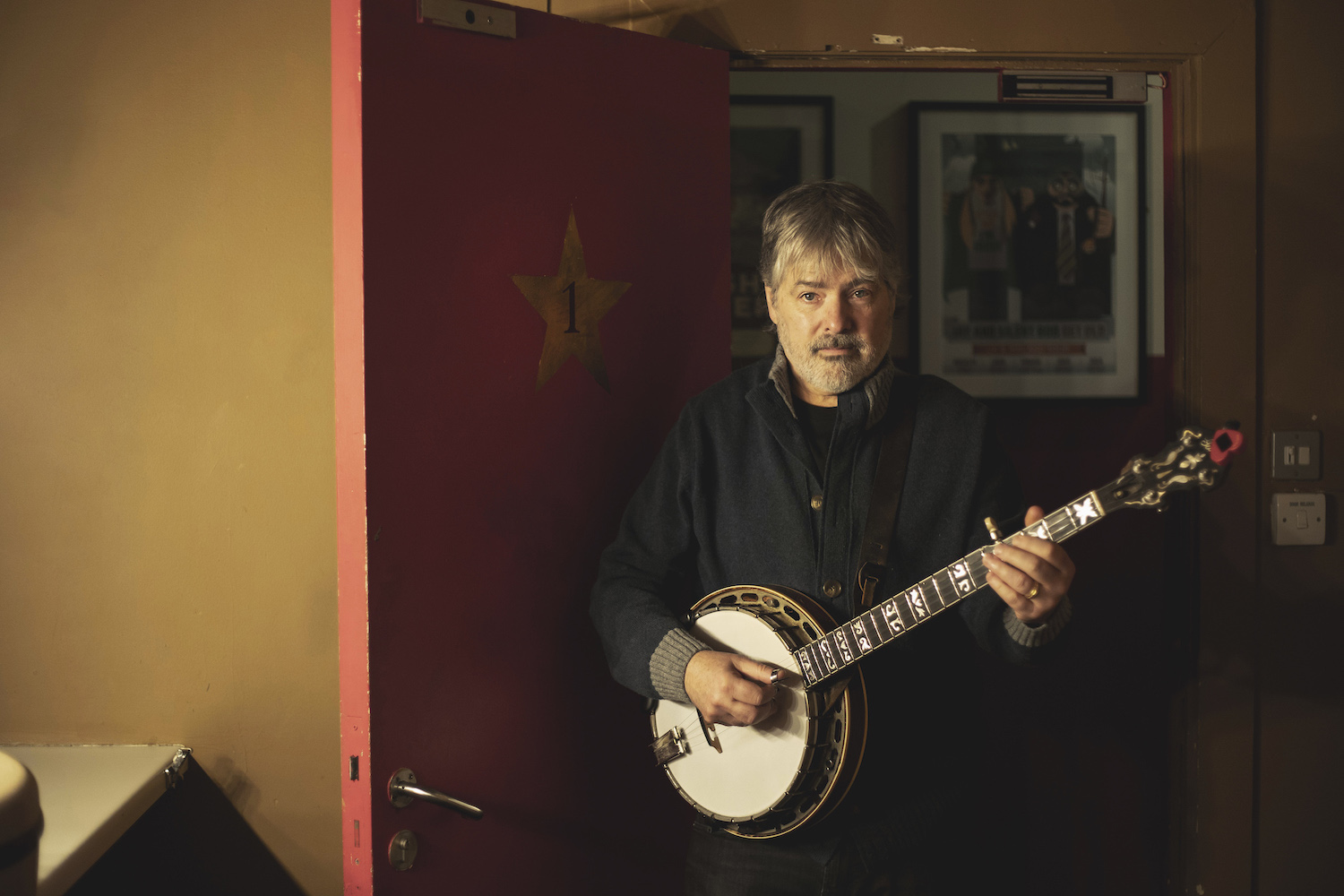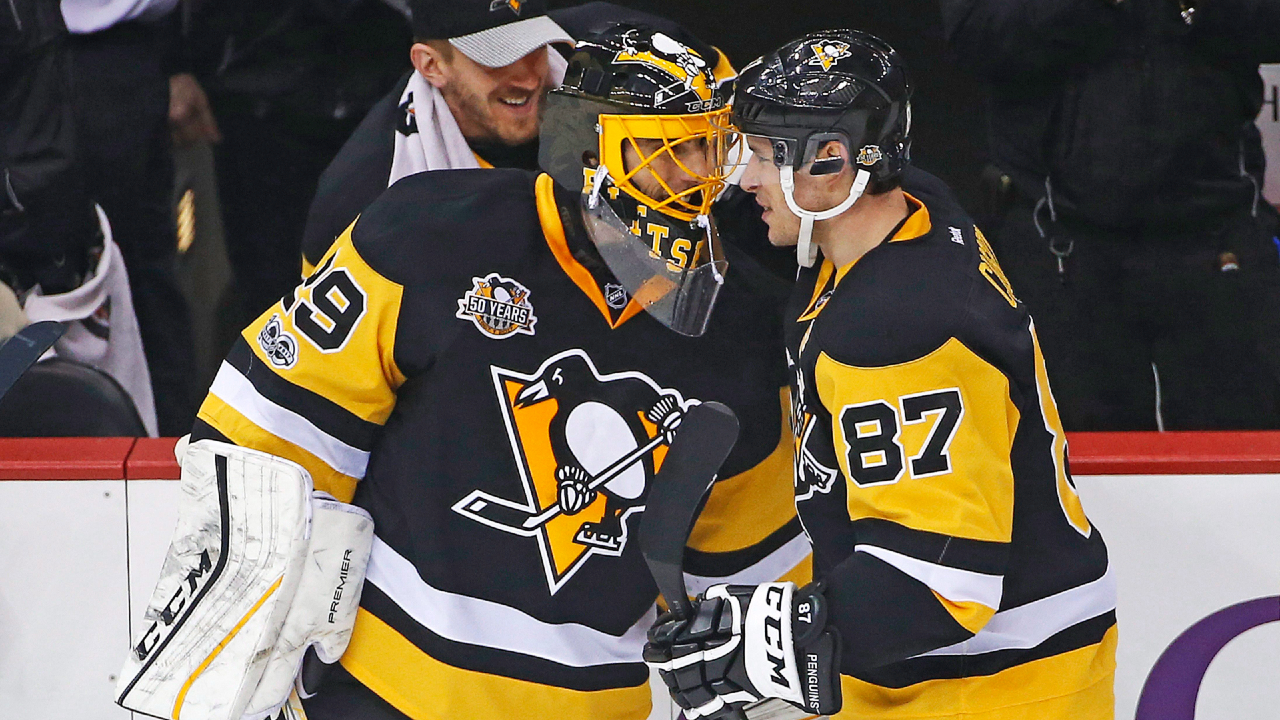What went on during Covid?
Brevity? [Not my strong point] Today, it is almost as if it never happened. The time of COVID-19 (which I shall simply call Covid from here on). It came, it went, it is now ancient history. Hardly anyone wants to talk about it anymore. Why not? I suppose you could say, what’s the point? You […]
Brevity? [Not my strong point]
Today, it is almost as if it never happened. The time of COVID-19 (which I shall simply call Covid from here on). It came, it went, it is now ancient history. Hardly anyone wants to talk about it anymore. Why not? I suppose you could say, what’s the point? You can’t do anything about it. What is done, is done.
True, but maybe you can help to prevent most damaging things from happening again. Which, I think, remains mission critical, because there are strong signs that those who drove the Covid nonsense are itching to do it all, once more. If given half a chance. Monkeypox anyone? Or Disease X.
In the UK we have massive Covid enquiry going on. It consists of ten ‘modules’, one of which has been finally completed, the other nine grind on. The chair hopes to conclude public hearings by the summer of 2026. Yes, 2026… Four years after it the enquiry started. [I would place a small wager that this deadline will be missed].
After this, a majestic report shalt be written. Which will take several more years, no doubt? By which time we will all have lost interest or died of old age. Last time I looked, the enquiry had cost well over one hundred million pounds (~$125m). I guess it will end up costing close to quarter of a billion by the time it is finished. All taking longer to complete than WWII.
Sweden wrapped up their enquiry by February 2022, in well under two years. Done and dusted, before ours even got started. There is a summary of it entitled: ‘How Sweden approached the COVID-19 pandemic: Summary and commentary on the National Commission Inquiry’ 1
The whole enquiry probably cost them a couple of million, at most. One thing that did amuse me can be found in the commentary paper written by Jones Ludvigsson, a professor of paediatrics. He mentioned that:
‘I think the Swedish COVID-19 commission inquiry is a well-written summary and critique of how Sweden approached the pandemic. The pandemic disrupted society and drawing lessons from the report is crucial for our future pandemic preparedness. Despite the importance of the inquiry, I have so far not met any colleague who has actually read the 1700 pages.’
What is the point of these enquires and their enormous reports if no-one ever reads the damned things. Not even the medical professionals who are most likely to be called up to deal with a pandemic in the future.
Or perhaps the unreadable length is the point. Create thousands of pages of dead, passive-voice writing. This will draw a veil over the events because no-one can raise the energy to find out who was responsible for anything.
No one can possibly doubt that the UK report will be far, far, longer than the Swedish one. It will also contain hundreds of recommendations. Probably thousands. When it is finally published there will a great, yet momentary, fanfare. For a whole day journalists will wave bits of the report in the air and announce its recommendations Without ever reading the whole damned thing, who could. After which it be filed, recommendations forgotten. The end.
In the meantime, any politician involved in the Covid shitshow can deflect all questions and criticism. ‘I cannot possibly comment until the Covid enquiry has concluded. And I do not wish to prejudice it in any way.’ Which is the perfect political defence.
As has been said by others over the years. If you want to ensure that no-one is blamed for anything, and nothing is done, then commission an enquiry. It kicks the problem so far down the road that everyone loses interest. ‘Oh yes that, I remember that… sort of.’
Or, to quote the fictional Sir Humphrey Appleby in the UK comedy classic Yes Minster.
‘Minister, two basic rules of government: Never look into anything you don’t have to. And never set up an enquiry unless you know in advance what its findings will be.’
However, I do think enquiries can be helpful, so long as they are done quickly. That the report is short, and no politician is allowed within a million miles of it. In my view we should all pay attention to what Winston Churchill had to say on writing reports.

With Covid there will be no short, crisp report. It will be a Leviathan, crushing every last vestige of interest beneath a million tons of dullness. Sentences will stretch far beyond the horizon. Subjunctive clause sir? Why certainly, I would like a hundred, in so long as it can be heretofore suggested that it may, or may not be appreciated that the wishes of the majority can be associated with the conditions subjected to the possibility that….thud.
It will most certainly lay the dead hand of bureaucratic language upon us. To use Churchill’s phrase, utilising ‘the flat surface of officialise jargon.’ With terms such as ‘considerations should be given to the possibility of carrying into effect…’
Despite my concerns about reports, I still think that an attempt to understand what went on during Covid remains highly important. We still need to try and understand how we ended up in, what I consider, a bloody mess.
We also need to understand what drove Governments around the world to thrash about in panic, using heavy handed authoritarian weapons to control the public, and silence dissent. With no discernible benefit to anyone. Only massive costs and long-term harms.
But official enquiries are going to tell you nothing of this. If you can summon the energy to read the Terms and Conditions of the UK report it does sound superficially reasonable. The sort of deadly dull thing that no-one can really disagree with.
Here are the stated aims2:
In meeting its aims, the Inquiry will:
a) consider any disparities evident in the impact of the pandemic on different categories of people, including, but not limited to, those relating to protected characteristics under the Equality Act 2010 and equality categories under the Northern Ireland Act 1998.
b) listen to and consider carefully the experiences of bereaved families and others who have suffered hardship or loss as a result of the pandemic. Although the Inquiry will not consider in detail individual cases of harm or death, listening to these accounts will inform its understanding of the impact of the pandemic and the response, and of the lessons to be learned;
c) highlight where lessons identified from preparedness and the response to the pandemic may be applicable to other civil emergencies;
d) have reasonable regard to relevant international comparisons; and
e) produce its reports (including interim reports) and any recommendations in a timely manner. [A timely manner…ho, ho]
What’s missing from these aims?
Just about every question you would wish answered. Plucking a few from the air:
- What is the evidence that lockdowns did any good
- What is the evidence that lockdowns were harmful
- What is the evidence that wearing masks provided any protection
- Were the models created by epidemiologists inaccurate, if so why, and why did we listen to them – and should we do so in the future
- Should we have had a behavioural unit within SAGE (Scientific Advisory Group for Emergencies) which used messages of fear to control the public response
- Were the vaccines rushed through without sufficient consideration to safety
- Were experts who disagreed with the official narrative attacked and silenced when it would have been more effective to listen to them
Yes, these sort of questions. The sort that you probably would like to have answered. Questions that the UK enquiry will go out of its way to avoid. Instead, it will be almost entirely concerned about process. Which departments should have spoken to each other. Should there have been a different oversight committee. Not, God forbid, any analysis of outcomes.
I do not need to be Nostradamus to confidently predict that the only aspect of the response that will be criticised will be the one that allows everyone to be let off the hook. Namely, the astonishing ‘finding’ that we should have locked down sooner, and harder.
But, of course, it will be pointed out that this was no-one’s fault. At the time, it was not clear what actions should be taken, due to the rapidly changing situation that we all had to deal with. The end. Nothing to see here, move along.
One thing for certain is that there will be absolutely no attempt answer what is perhaps the key question. Did lockdowns do more harm than good? Or should we ever attempt them again?
Given the fact that you are not going to get any answers from the official channel, I am going to try and tell you, in plain language, what I think went wrong, and why, and how to stop them happening again. My report will be far from all inclusive, but I hope that it will be readable. And it will not cost quarter of a billion pounds. Unless someone is offering?
Next. Part one.










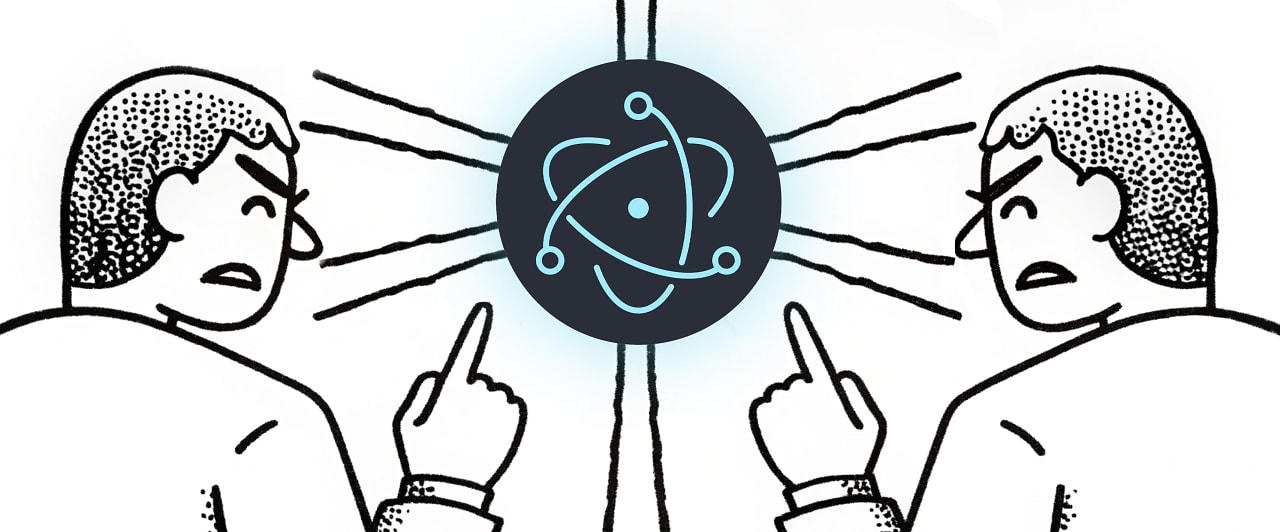


![From Gas Station to Google with Self-Taught Cloud Engineer Rishab Kumar [Podcast #158]](https://cdn.hashnode.com/res/hashnode/image/upload/v1738339892695/6b303b0a-c99c-4074-b4bd-104f98252c0c.png?#)







